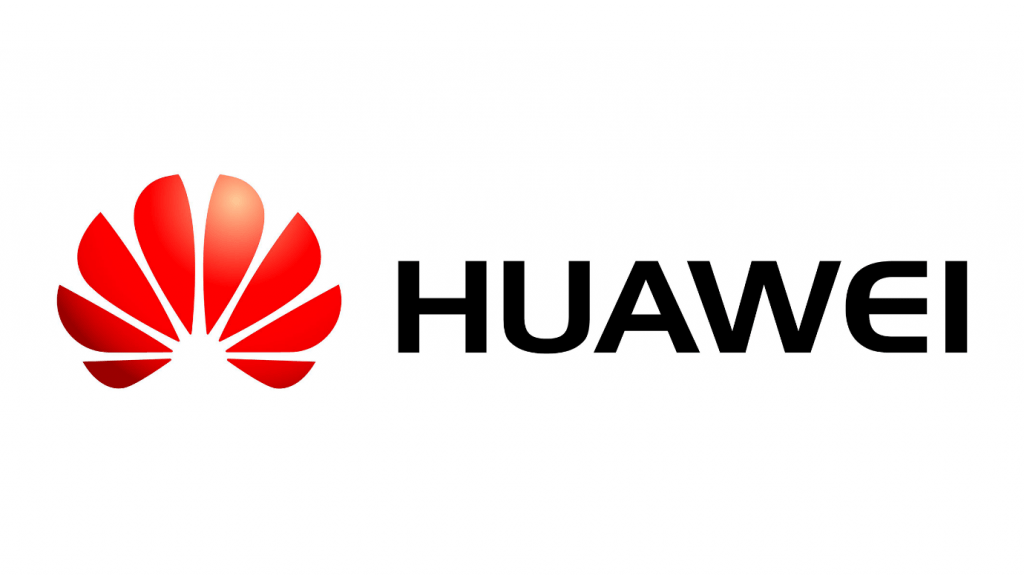
Canada Appeals for International Firefighting Aid
June 09, 2025: Canada has issued an international appeal for firefighting support as wildfires intensify across multiple provinces

April 29, 2022: -On Thursday, Chinese telecommunications giant Huawei announced that its first-quarter revenue decreased by almost 14% from a year ago, while its profit margin was over halved.
“Our consumer business was heavily impacted, and our infrastructure business experienced steady growth,” Ken Hu, Huawei’s rotating chairman, said. “In 2022, we still face a challenging and complicated business environment.”
The company is reporting 131 billion yuan in revenue for the first quarter. That’s down by 13.9% from the same period in the previous year and over 27% decline from the fourth quarter of 2021.
A first-quarter profit margin of 4.3% was less than half the 11.1% reported a year earlier.
Hu said the quarterly results were in line with the company’s expectations and that Huawei has increased its investment in research and development.
Huawei’s smartphone business has struggled under U.S. sanctions. The Trump administration put the company on a blocklist that restricts it from buying critical components such as advanced semiconductors from U.S. suppliers.
According to Counterpoint Research, smartphone sales in China across different brands fell by 14% in the first quarter from a year ago.
The report proved that Huawei logged the worst decline out of seven brands, ranked sixth by market share and with sales plunging by 64.2%. The company’s smartphone sales in China also fell by 12% from the prior quarter.
According to Counterpoint, Apple was the only other company on the list to post a quarter-on-quarter sales decline in China, down by 23%. Meanwhile, the iPhone maker’s China sales increased by 4.4% in the first quarter from a year ago.
We provide the insights on leaders who are responsible for taking their organization to new heights, all the while bringing together a group of talented individuals.

June 09, 2025: Canada has issued an international appeal for firefighting support as wildfires intensify across multiple provinces

May 27, 2025: Air Canada Cuts Five U.S. Routes for Winter 2025–26, Part of Broader Cross-Border Retrenchment

May 26, 2025: Trump Freezes $2.2B in Federal Grants to Harvard Over DEI, Threatens Tax-Exempt Status.

May 14, 2025: Microsoft has announced plans to reduce its global workforce by approximately 3%, affecting roughly 10,000 employees across multiple departments.

May 13, 2025: The Trump administration is considering suspending the constitutional right of habeas corpus in a bid to accelerate mass deportations.

April 29, 2025: Donald Trump’s second term has reached the 100-day mark under sustained public skepticism, with national approval ratings